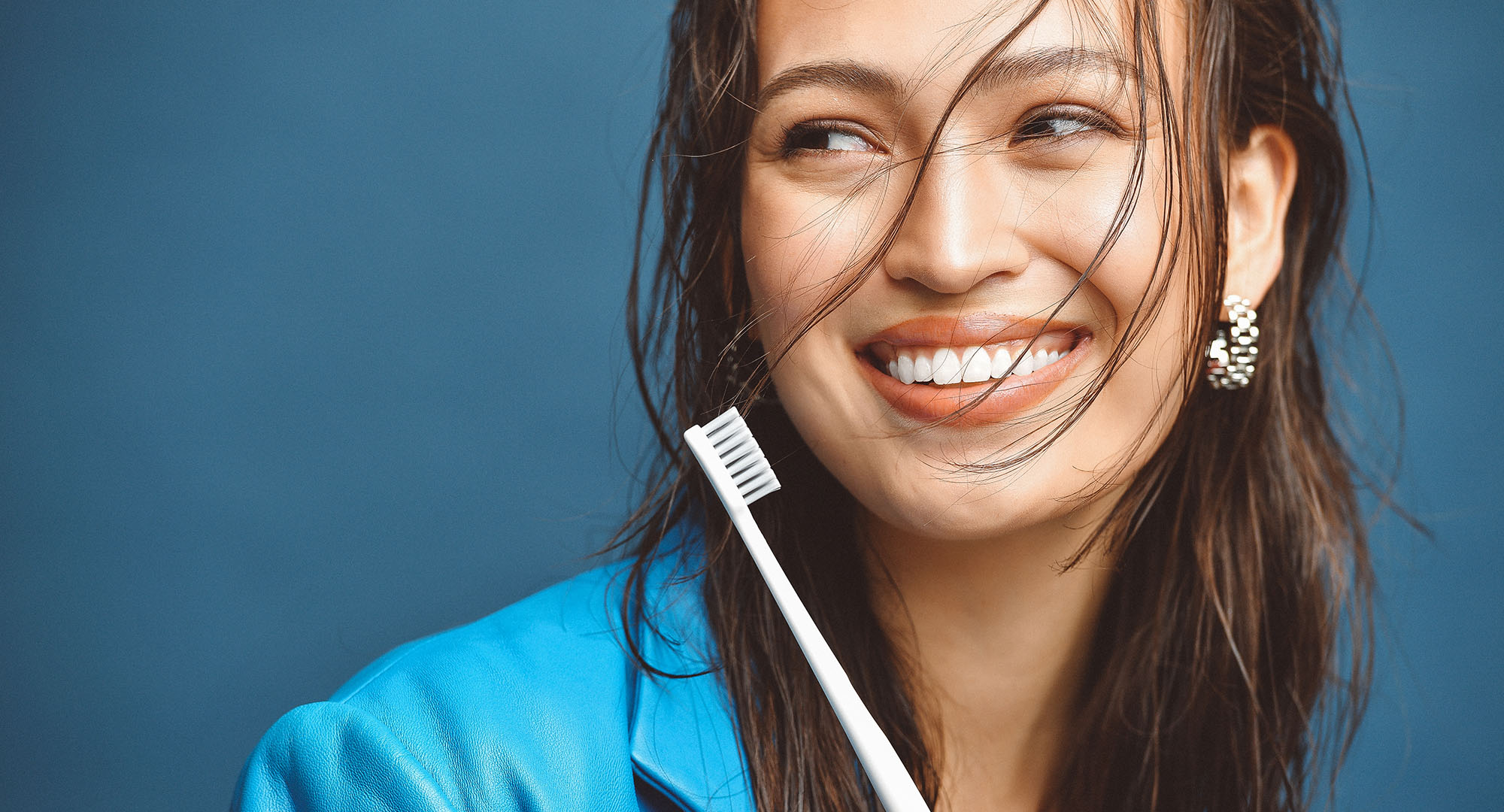8 Dental Hygiene And Cleaning Tips For Dental Awareness Month

You will know the importance of good dental hygiene, of course.
By taking care of your teeth, you will do much to protect your oral health and you will protect yourself from cavities. Unfortunately, many people fall into bad habits, and they don’t always care for their teeth as thoroughly as they should. And there are those people who are forgetful or a little unsure as to how to take care of their teeth properly. To ensure you don’t fall into the same traps, here are some dental hygiene tips to follow as we enter into Dental Awareness Month.
We’re sure you brush your teeth daily, but how clean is your toothbrush? It can attract dirt and bacteria, which is hardly good news when you’re using it to care for your teeth. It’s important to replace your toothbrush every few months for this reason, although you must do what you can to clean it in between your replacements. Follow our tips on keeping your toothbrush clean to improve your chances of better oral health.
To ensure you make the most of your teeth-brushing routine, follow the technique advised by the American Dental Association. Start with the brush at a 45-degree angle to your gums and gently move the brush back and forth across the top and sides of your teeth. Brush the outer surfaces, the inner surfaces, and the chewing surfaces of all of your teeth, and tilt your toothbrush vertically when cleaning the back of your front anterior teeth. Then brush your tongue to remove any bacteria and to keep your breath smelling fresh. Follow this pattern every time you clean your teeth.
As we suggested, it’s important to change your toothbrush every few months. You need to do this because the bristles deteriorate over time, so if you stick to the same toothbrush, you won’t be getting the best clean anymore. It is advisable to change your brush every 3-4 months, or whenever it’s clear that your toothbrush is no longer as effective as it once was. When you do choose a toothbrush, make sure it is small enough to reach into the crevices of your molars. Toothbrushes with softer bristles are also recommended, as hard-bristled brushes can damage your tooth enamel and root surfaces if used too vigorously.
You don’t need to spend an age brushing your teeth, but you don’t want to rush the process either. To ensure you give your teeth a thorough clean, brush for at least 2 minutes, and do so twice daily. You could even set a timer on your watch or your phone when brushing to let you know that you’re sticking to the recommended time limit for a thorough clean.
There are all kinds of things you will consider when choosing toothpaste. You might look for something that contains a flavor you might enjoy, and you might choose something that has teeth-whitening properties. You might also choose something that is effective for sensitive teeth. However, the most important element you should look for when buying toothpaste is fluoride. This is your leading defense against tooth decay, as fluoride fights that germs that lead to decay, and it provides a protective barrier for your teeth too. Most brands of toothpaste will contain fluoride, but it’s still worth checking the packaging before purchasing.
Flossing is an essential oral hygiene habit so make it a part of your regular routine. The purpose of flossing is to dislodge any food that has become stuck within your teeth. By doing so, you will reduce the amount of plaque and bacteria that builds up in your mouth. However, as with brushing, you do need to floss properly for better results. Ideally, you should use a piece of floss of up to 24 inches in length, as this will allow you to use a fresh area of floss when moving between your teeth. This is important because you don’t want to reinsert any bacteria you have just removed. Follow this step-by-step guide to floss your teeth correctly.
Mouthwash is a liquid product that rinses your teeth, gums, and mouth. It contains an antiseptic that can kill the harmful bacteria that lives on your tongue and between your teeth. Many people use it to combat bad breath but it is also useful for preventing tooth decay. While it’s not a replacement for brushing and flossing, you should still use mouthwash regularly to reduce the damage that plaque can cause to your teeth. Speak to your dentist for advice on the best brands of mouthwash available.
You should give your teeth a thorough clean at some point in the evening, perhaps just before going to bed. This should be the point when your snacking ends for the day, as you don’t want to go to bed with fresh food particles in your mouth. The longer they remain on your teeth, the more fuel there will be for bacteria to grow, and this means added plaque and the risk of cavities. So, curb your temptation to eat after brushing, even if you wake up at midnight eager for a midnight snack. If you do fall prey to temptation, be sure to give your teeth another clean before getting into bed.
Taking care of your teeth and gums needs to be your top priority, so be sure to follow all of these suggestions. For more advice, get in touch with the team at Boston Dental, and schedule an appointment with us. Better teeth care means better long-term oral health, so remember this during Dental Awareness Month and beyond.
